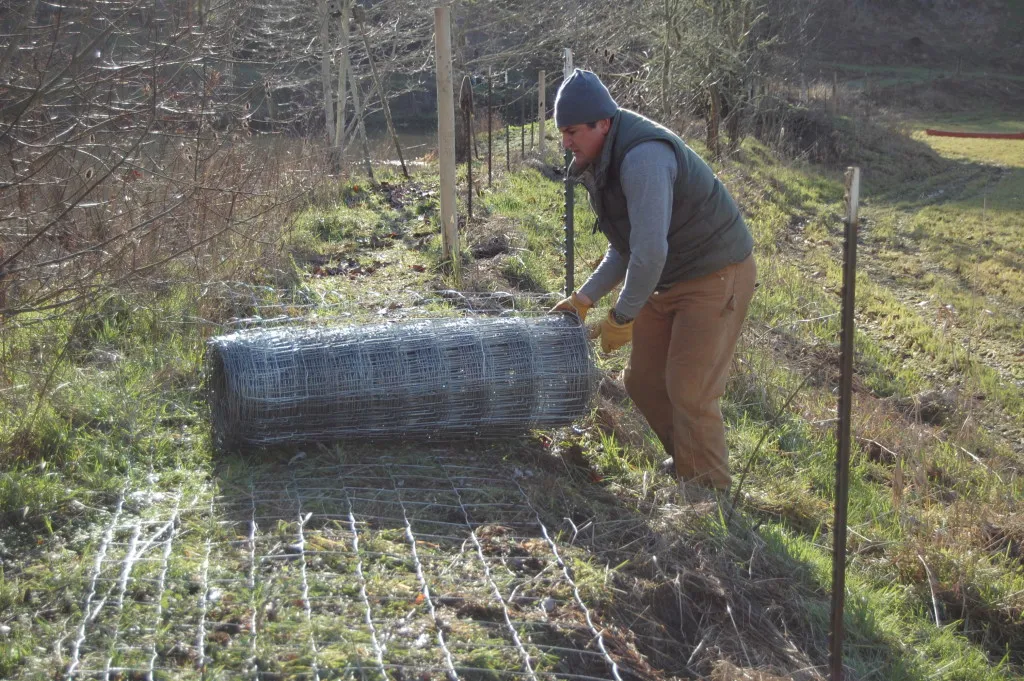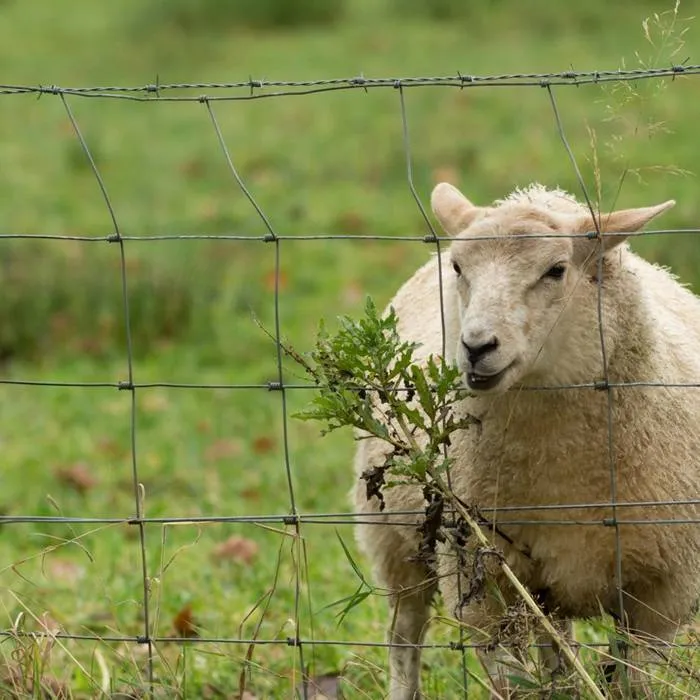- Afrikaans
- Albanian
- Amharic
- Arabic
- Armenian
- Azerbaijani
- Basque
- Belarusian
- Bengali
- Bosnian
- Bulgarian
- Catalan
- Cebuano
- China
- China (Taiwan)
- Corsican
- Croatian
- Czech
- Danish
- Dutch
- English
- Esperanto
- Estonian
- Finnish
- French
- Frisian
- Galician
- Georgian
- German
- Greek
- Gujarati
- Haitian Creole
- hausa
- hawaiian
- Hebrew
- Hindi
- Miao
- Hungarian
- Icelandic
- igbo
- Indonesian
- irish
- Italian
- Japanese
- Javanese
- Kannada
- kazakh
- Khmer
- Rwandese
- Korean
- Kurdish
- Kyrgyz
- Lao
- Latin
- Latvian
- Lithuanian
- Luxembourgish
- Macedonian
- Malgashi
- Malay
- Malayalam
- Maltese
- Maori
- Marathi
- Mongolian
- Myanmar
- Nepali
- Norwegian
- Norwegian
- Occitan
- Pashto
- Persian
- Polish
- Portuguese
- Punjabi
- Romanian
- Russian
- Samoan
- Scottish Gaelic
- Serbian
- Sesotho
- Shona
- Sindhi
- Sinhala
- Slovak
- Slovenian
- Somali
- Spanish
- Sundanese
- Swahili
- Swedish
- Tagalog
- Tajik
- Tamil
- Tatar
- Telugu
- Thai
- Turkish
- Turkmen
- Ukrainian
- Urdu
- Uighur
- Uzbek
- Vietnamese
- Welsh
- Bantu
- Yiddish
- Yoruba
- Zulu
Jul . 24, 2025 14:32 Back to list
Enhance Your Property with a Reliable Field Fence
When it comes to securing your land, protecting livestock, or simply defining boundaries, a field fence is an essential investment. Whether you're managing a large farm or a small backyard, a quality fence can make all the difference in keeping your property safe and organized. In this article, we’ll explore the various types of field fences, including heavy duty field fences and field fences for goats, and guide you on how to properly install them to meet your needs.

Installing a Field Fence: A Step-by-Step Guide
Installing a field fence may seem like a daunting task, but with the right approach, it can be a straightforward process. Whether you’re securing a pasture, creating a perimeter around your property, or providing a safe space for animals, following the correct installation steps ensures that your fence will last for years.
Start by preparing the site. Measure and mark where your fence posts will go, ensuring they're spaced evenly—typically 8 to 10 feet apart. Once the posts are set in place, use wire cutters and a tensioning tool to stretch the field fence material across the posts. Make sure the wire is taut, and secure it tightly to prevent sagging. Lastly, use staples or clips to attach the wire to the posts and ensure the fence is sturdy.

Heavy Duty Field Fence: Built for Durability and Strength
When you need a fence that can withstand the toughest conditions, look no further than a heavy duty field fence. Whether you’re dealing with high winds, strong animals, or rugged terrain, a heavy-duty fence is designed to offer superior strength and longevity. These fences are ideal for both large-scale agricultural use and high-security perimeters.
A heavy duty field fence is typically made from thicker wire with stronger coatings to resist rust, corrosion, and wear. This makes it a perfect choice for large farms, commercial properties, or areas that require a higher level of security. With a heavy duty field fence, you can rest assured that your property and livestock will be well-protected from external threats.
Field Fence for Goats: Safe and Effective Livestock Containment
Goats are known for their ability to escape from seemingly secure enclosures, making it essential to invest in a reliable field fence for goats. Goats are natural climbers and jumpers, so a fence designed specifically for them needs to be both tall and secure. Our field fences for goats feature closely spaced wires and a higher gauge of wire to prevent them from squeezing through or jumping over the fence.
In addition to preventing escapes, a field fence for goats also ensures that your goats remain safe from predators and other hazards. Whether you're keeping a small herd or a large flock, our goat-specific fences are designed to withstand the energy and agility of these animals, providing a secure environment for them to graze and roam freely.
Why Choose a Field Fence? Versatility and Long-Lasting Protection
The field fence is a versatile and reliable solution for various applications. It’s perfect for keeping livestock contained, protecting crops, or marking boundaries around your property. Unlike traditional wooden fences, a field fence is less likely to warp, rot, or require constant maintenance. Its woven wire design allows for flexibility, making it easy to install on uneven terrain and adaptable to various animal types.
Moreover, a field fence is highly durable, providing long-term protection. It is resistant to weathering, rust, and damage from animals, offering a cost-effective fencing solution that lasts for years. Whether you're installing it for agricultural, security, or decorative purposes, a field fence provides peace of mind and superior performance.
Field Fences FAQs
-
How do I install a field fence?
Installing a field fence involves several steps. First, you need to space your posts evenly, typically about 8-10 feet apart. Then, you’ll stretch the fencing material across the posts, ensuring it is tight and secure. Attach the wire to the posts using staples, clips, or ties, and ensure there are no gaps. Depending on the type of fence you’re installing, you may also need to add tensioning to keep the wire taut. It’s important to follow the correct guidelines for your specific fence material to ensure long-term durability.
-
What makes a heavy-duty field fence different from a regular field fence?
A heavy duty field fence is made from thicker, stronger wire and often includes a protective coating to prevent rust and corrosion. It is specifically designed for demanding applications such as large-scale farms, high-security areas, or rugged terrains. Unlike standard field fences, which are suitable for lighter use, a heavy duty field fence offers increased strength, durability, and resistance to external damage.
-
What is the best height for a field fence for goats?
When it comes to a field fence for goats, a fence height of 4 to 5 feet is usually ideal. Goats are agile animals, capable of jumping over shorter fences. A fence that is at least 5 feet tall will help prevent your goats from escaping. Additionally, the fence should be securely fastened and have closely spaced wires to prevent goats from squeezing through.
-
How long does a field fence last?
The lifespan of a field fence can vary depending on the material and environmental conditions. On average, a well-installed field fence made from galvanized steel or coated wire can last anywhere from 10 to 20 years, with minimal maintenance required. Factors such as exposure to harsh weather, humidity, and animal contact may affect the lifespan. Opting for a heavy duty field fence will help extend its durability.
-
Can I use a field fence to keep other animals, like cows or horses, contained?
Yes, field fences are suitable for containing various types of livestock, including cows and horses. However, for larger animals such as cows, it’s important to ensure the wire is strong enough to withstand the pressure they may apply. In these cases, a heavy duty field fence is the best option. For horses, you might want to consider a higher fence to prevent them from jumping over, and make sure the wires are tightly spaced to prevent escape.
-
Durable River Bank Gabion Mesh Solutions for Protection
NewsNov.17,2025
-
Durable and Reliable cbt-65/60 Razor Barb Wire for Security Fencing
NewsNov.17,2025
-
Rock Filled Gabion: Durable Solutions for Industrial Landscaping
NewsNov.17,2025
-
Durable 2.1*2.4m Australia Std Galvanized Temporary Fence
NewsNov.17,2025
-
Durable PVC Coated Temporary Fence Solutions for Industrial Sites
NewsNov.17,2025
-
358 Anti Climb Welded Wire Mesh Fence - Anti-Cut Security
NewsNov.17,2025



